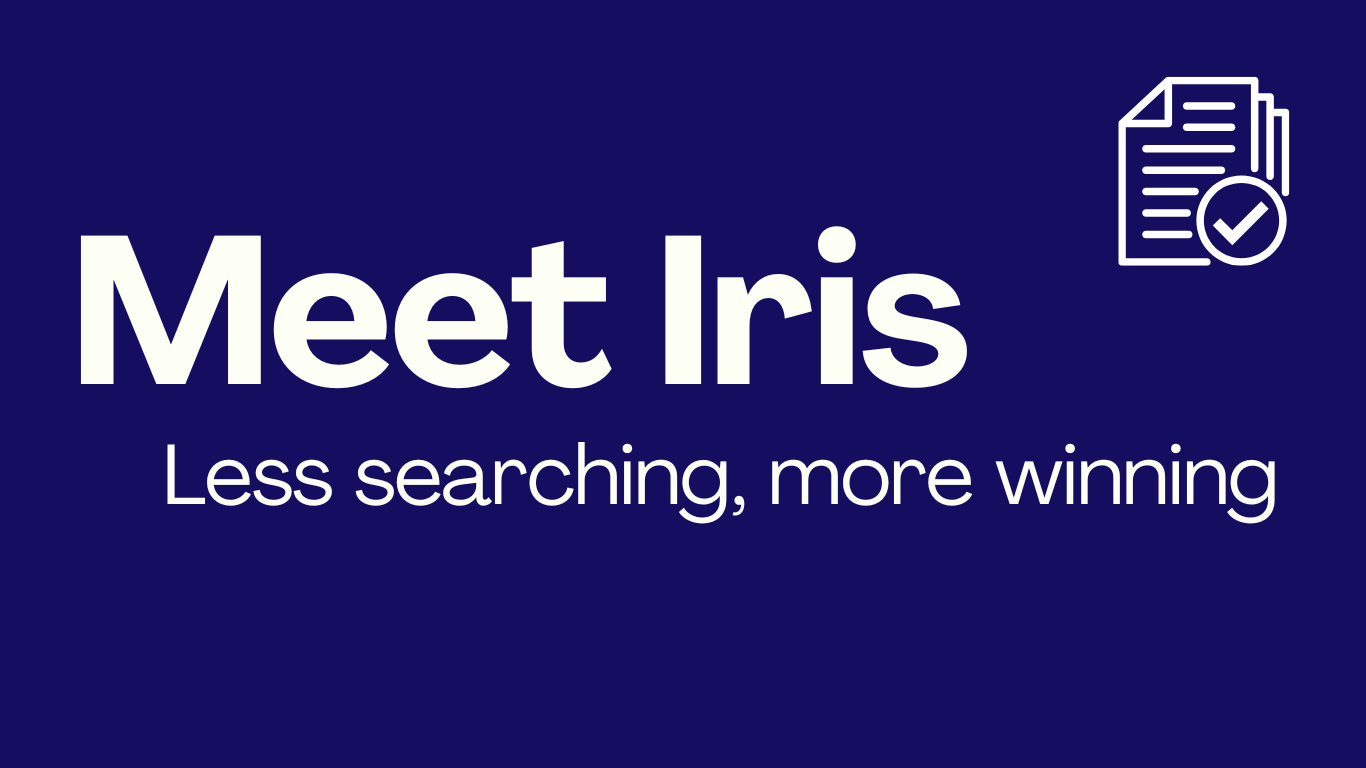When responding to an RFP, proposal formatting is just as crucial as the content itself. A well-structured proposal enhances readability, conveys professionalism, and increases the chances of winning. But formatting proposals manually can be tedious and time-consuming—this is where AI-driven RFP automation from Iris comes into play.
In this guide, we’ll walk you through the ideal proposal format and how Iris helps automate and optimize your RFP responses for better efficiency and success.
Why Proposal Formatting Matters
First impressions matter. Proposal reviewers often sift through dozens—sometimes hundreds—of responses. If yours is difficult to read, poorly structured, or inconsistent, it could cost you the deal. A well-formatted proposal should:
-
Enhance readability and clarity
-
Make key points easy to find
-
Convey professionalism and credibility
-
Align with client expectations and branding
Essential Elements of a Winning Proposal Format
1. Title Page
Your title page should be clean, professional, and include:
-
Your company name and logo
-
The client’s name and project title
-
Date of submission
-
A visually appealing design that reflects your brand identity
How Iris Helps: Iris ensures consistency across all proposals, automatically generating polished, on-brand title pages that impress decision-makers.
2. Executive Summary
This is the most important section of your proposal. It should provide a concise overview of:
-
The client’s problem
-
Your solution and competitive advantage
-
Expected results and benefits
Best Practice: Keep it short—one page or less. Use bullet points and avoid jargon.
3. Scope of Work & Deliverables
Outline what you’ll deliver and how. This section should be crystal clear to prevent misunderstandings down the line.
Key Components:
-
Project objectives
-
Timeline and milestones
-
Responsibilities (yours and the client’s)
How Iris Helps: By leveraging AI-driven insights, Iris can auto-populate this section based on past successful proposals, ensuring accuracy and efficiency.
4. Pricing & Payment Terms
Be transparent about costs. A simple, well-organized pricing table can improve comprehension and reduce negotiation back-and-forth.
Best Practice: Offer tiered pricing or optional add-ons to provide flexibility.
5. Case Studies & Testimonials
Showcase social proof to reinforce your credibility. Highlight success stories, client testimonials, and quantifiable results.
How Iris Helps: Iris recommends and inserts relevant case studies based on industry and proposal type, saving time while strengthening your pitch.
6. Conclusion & Call to Action
End with a strong closing statement and a clear call to action (CTA), such as “We’d love to discuss how our solution fits your needs—let’s schedule a call.”
How Iris Transforms RFP Responses
Iris is the AI-powered RFP automation platform that streamlines the proposal process, ensuring every response is well-structured, error-free, and designed to win. With Iris, you can:
-
Automate proposal formatting to maintain consistency and branding
-
Leverage AI-driven recommendations to enhance responses
-
Reduce response time and improve efficiency
-
Integrate seamlessly with Slack and CRM tools to streamline workflows
Final Thoughts
Formatting an RFP response doesn’t have to be a headache. With the right structure and the power of AI-driven automation from Iris, you can create winning proposals faster and with greater accuracy.
Ready to elevate your RFP process? Get started with Iris today.




